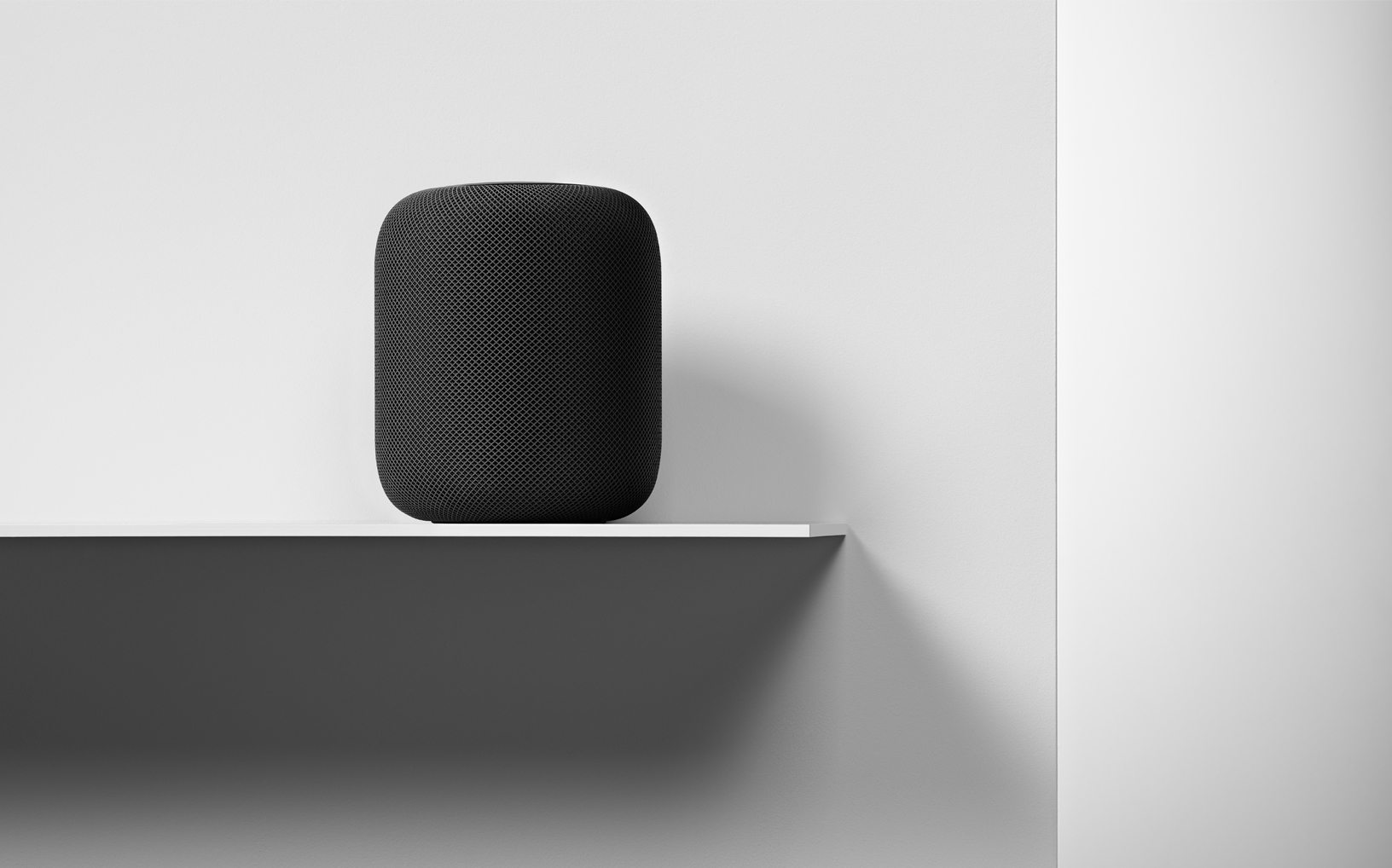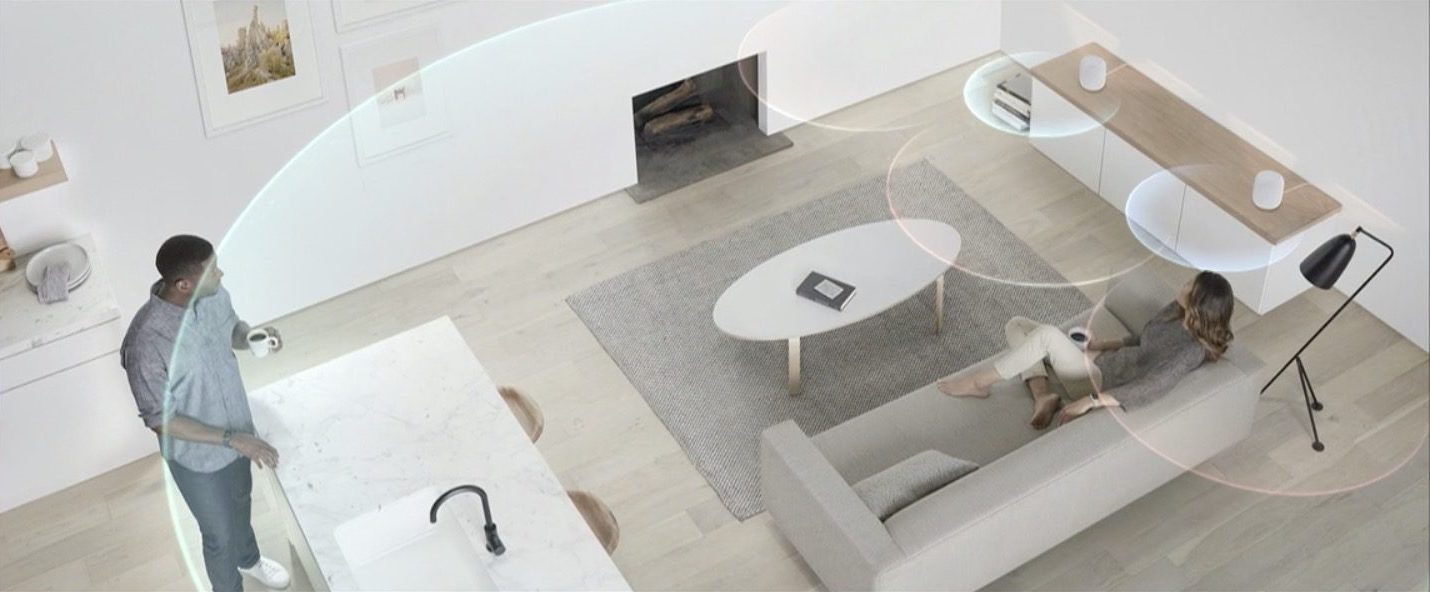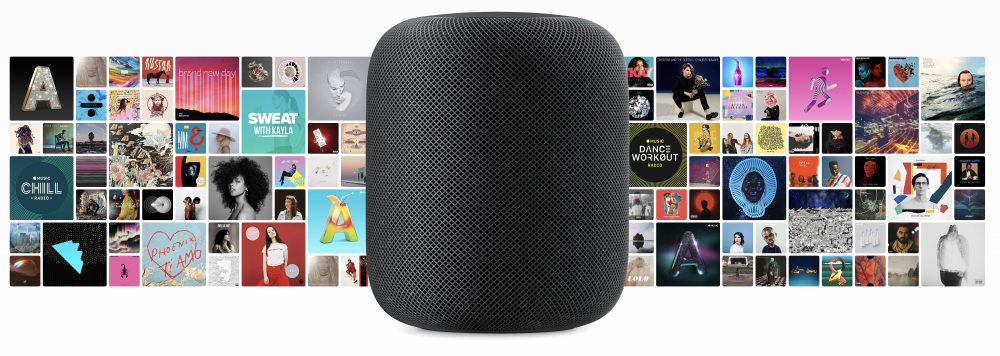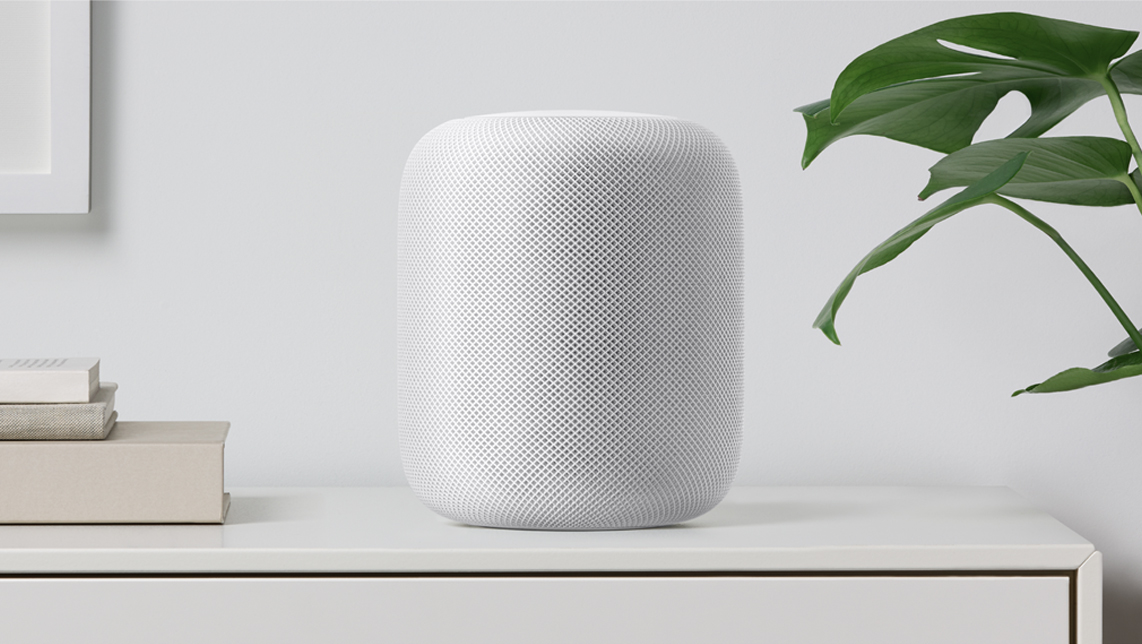If you were wondering why on earth Apple is making its own speakers when the last iPod Hi-Fi didn't make it into the world, then this year's CES was the clear answer for you. Who does not have a digital assistant connected to a wireless speaker as if he did not exist. Digital assistants and smart speakers were the most important thing we could see at CES. The popularity is still most noticeable in the USA, but slowly but surely it is also moving to Europe and other corners of the world. People are comfortable and no longer want answers to basic "google" questions, but simply prefer to ask Siri what the weather will be like or what's on TV.
That is why HomePod is here, which, in addition to supporting Siri, according to Tim Cook, should also bring incredibly high-quality sound, which should be completely different from other speakers. The speaker has not yet been heard by a few select journalists from the US and the Apple team, so we cannot comment on Tim Cook's words. However, one thing is certain, the speaker is made by Apple and thus simply evokes emotions. The technologies that Apple presented in connection with the sound propagation from the HomePod certainly do not look bad, but any audiophile will tell me that the real sound is still not about the technologies, but above all about the speaker materials, the sizes of the exhausts and many other aspects. Because technology can only fool physics to a certain extent. However, it is clear that Apple is patient with the sound and if we look at products like Amazon Echo or Google Home, the HomePod will be on a completely different level just because of its construction.
However, not all technologies aim only to improve the quality of reproduction. Apple equipped the HomePod with almost everything that is currently available in the field of wireless speakers and promised that the HomePod will support, for example, playback in several rooms at the same time (so-called multiroom audio). Or the previously announced Stereo Playback, which can pair two HomePods in one network and adjust playback based on their sensors to create the best possible stereo sound experience. However, as it became clear during the last statements of Apple representatives, the company will gradually bring these now relatively common functions, which are often offered by significantly cheaper speakers, in the form of software updates, with the fact that they will appear only in the second half of this year. So if you wanted to use, for example, a pair of HomePods as speakers for your iMac or TV, their mutual synchronization will not be ideal for the time being.
Apple tries to show HomePod completely differently than how it presents its Amazon or Google speakers. The company is so sure that Siri, which is actively used by half a billion users, no longer needs to be presented to the world in any significant way, so it focuses mainly on presenting the qualities of the reproduction itself. Apple is not only bringing a smart speaker, but above all, according to its own words, a high-quality wireless speaker, which as a bonus also includes the digital assistant Siri. However, what I see as a problem is the fact that the smart speaker will find significant application especially in smart homes, where you can use it to change the temperature, light, security, blinds and so on settings. However, products that are certified for Homekit are still rare even after years, so even if you have an excellent command of English, you will use Siri in practically the same way as you use it on your phone. In order for it to become part of your household and be a useful helper, it does not depend so much on Siri itself, but rather on other equipment with Homekit support.
Unfortunately, the HomePod is so connected to the digital assistant Siri that it would literally be a sin not to use it. However, if you decide to invest in it just as a speaker without using Siri, you have to realize that you are paying a significant part of the money for the fact that it is a smart speaker, not just for sound output from your mobile phone or computer. That is why it will be important whether Apple finally decides to actually integrate the Czech language into Siri and especially support for local services and businesses. It's nice that Siri can tell you how the NFL finals turned out, but we'd still rather hear from her how Sparta's duel with Slavia turned out. Until then, I'm afraid that the speaker won't find much popularity in the Czech Republic/SR, and the interest in it will either be expressed by those who simply put up with the fact that they will only buy a classic speaker with limited Siri functions, regardless of how well they speak English .








Very well written. Hits the spot.
"every audiophile will tell me that true sound is still not about technology, but above all about speaker materials, exhaust sizes and many other aspects" - well, it's the exact opposite today. The sound is largely shaped by the options and appropriate DSP settings. Of course, quality converters are needed, but that's the least of them today. Classic amplifiers were replaced by incredibly efficient D-class, crossovers were replaced by powerful DSP with the possibility of measuring and adjusting the acoustic field, and some bass reflexes were replaced by passive radiators at worst and often disappeared completely with new high-throw converters.
It's just that the progress in audio over the last 10 years has been incredible, and I believe that the HomePod will play well - but it will certainly not be an analytically neutral sound, I'm guessing rather pleasant and pleasant like, for example, B&O.
At a price of several hundred dollars, the HomePod doesn't come close to sounding like higher-end speakers, even if it tries its hardest.